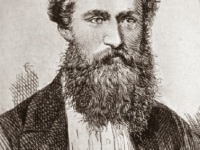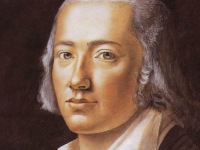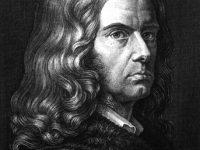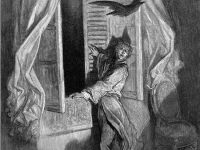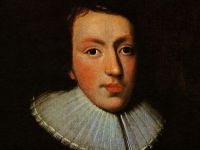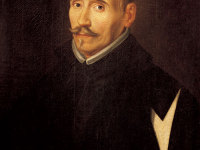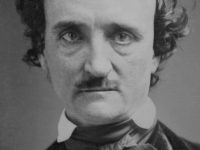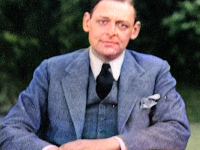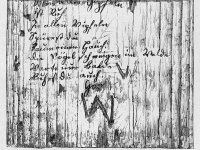George Smith and the Epic of Gilgamesh
On March 26, 1840, English Assyriologist George Smith was born. Besides his pioneering work in Assyriology, he first discovered and translated the Epic of Gilgamesh, the oldest-known written work of literature. Moreover, its description of a flood, strikingly similar to the account in Genesis, had a stunning effect on Smith’s generation. “Gilgamesh was called a god and a man; Enkidu was an animal and a man. It is the story of their…
Read more

